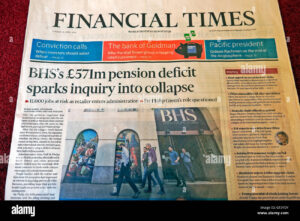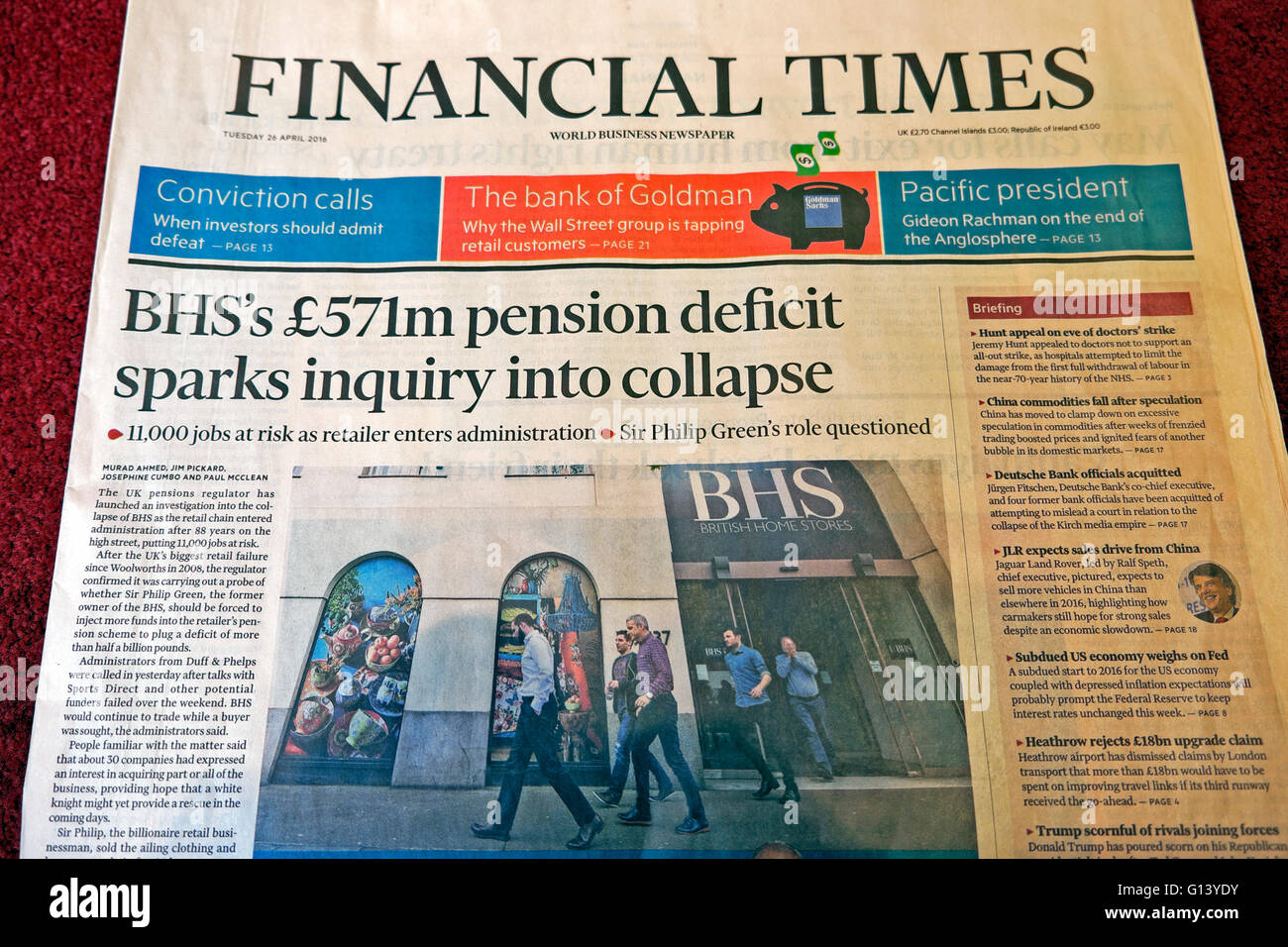 The Financial Times has just closed it’s printing press. From now on the FT will be printed by contract printers, probably from another news group. The advance of digital media, the cost of operating an expensive print press that lies idle for much of the day, and the gradual and decade long decline in advertising revenue has taken its toll. It brings back many memories.
The Financial Times has just closed it’s printing press. From now on the FT will be printed by contract printers, probably from another news group. The advance of digital media, the cost of operating an expensive print press that lies idle for much of the day, and the gradual and decade long decline in advertising revenue has taken its toll. It brings back many memories.
Even before moving to London I had had some experience of the changing nature of the print business. Standing outside of Wapping with Mark Ashton shouting as printed papers were driven past striking print workers
The Financial Times was the first ‘real’ job I got in London after walking down from York after I finished my studies. Well I did not exactly walk down from York, in fact I walked down from Glasgow with the Nelson Mandela Freedom March, but either way I ended up in a student flat of a friend of mine in Peckham.
Now a politics decree does not exactly train you up for any job, it’s interesting but essentially quite useless in the real world. So having worked through my student days as a barman, cleaner, dish washer, hospital laundry worker, kitchen porter, and even once as a nude model I was not really equipped for the cosmopolitan job market. So equipped with the Media jobs section of the Monday Guardian I followed the path of many an over educate under experienced postgads and decided to see if I could get a job in media. Journalism was quickly knocked on the head, with no experience employers seemed to think you should work for a wage that would not pay the tube fare, coming from the North I did not have the right Southern accent for PR, so I ended up doing the rounds of magazine publishers seeking the advertising sales folk. These media houses published the trade press and consumer magazines that frequent Doctor’s waiting rooms and are used to wrap glass ware when you move. These publishers are always looking for new blood as the turnover rate is very high, nobody choses advertising sales as a career, you sort of fall into it when all else fails and people tend to leave as soon as something better is available.
The entry level jobs are in telesales, that is you sit at your desk calling complete strangers in small businesses trying to convince them that buying advertising in what you are selling will help them sell whatever they are selling, I say convince but most of the time it is more conning that convincing. There is no dressing it up, it is a shit job.
So you sign up a media recruitment agency that screens you, basically makes sure you have a good middle class education, own a suit and don’t dribble too much. They arrange a week of interviews around central London in offices that all look the same, with people that all look identical and talk the same over exaggerated bluster. At the end of which, if you are not too thick you end up with a series of virtually identical job offers.
So after a week of doing exactly that I ended up with an assortment of job offers, all for second rate magazine titles and one for the Financial Times newly launched telesales team. Firstly, it paid slightly better, and secondly, I had actually heard of, and occasionally read, the FT. It was not a hard decision really. It was either that or work for the Communist Party, which paid 5O quid a week plus dole.
The job needless to say was, well, shit. Some nice folk but still shit. I got out of teh telesales department as quickly as I could into a field sales job, which was not much better but I got a raise and a car.
Ir was the halcyon days, before the internet had taken off, the South East economy was booming. Newspapers has more money than they knew what to do with. So they spent it on things that in retrospective they did not need. Like printing presses. Everybody was buying a new one. The FT did the same despite a low circulation. It would make up what it lacked in its own need by contract printing, just like everyone else was going to. Where this contract printing was going to come from nobody but knew, but hell the money had to be spent on something other than paying decent wages ti their workforce, or kicking it upstairs to the holding company.
A huge site just above the Blackwall Tunnel. St Clemnts was a state of the art printing press, layout rooms the works.
When they asked for guides I volunteered, it paid a bit of money and was not too out of my way home. It also tended to coincide with a rather dull meeting I seem to remember.
So a couple of times month I use to flog down to the Isle of Dogs to take people round the printing presses.
At the start it was all rather exciting, a car park full of black cabs gave an idea about how many hours the printers actually worked. But the bustle of the lay out rooms, the sheer majesty of the print hall, and the huge conveyer belts transporting the newspapers were magical.
It did not take long for the painful realities to set in. Within a year the layout teams had gone, replaced by computer aided design teams at the main office. For all it’s winders the huge brand new printers were sitting idle for 18 hours a day, eating into the profits of the newspaper.
So finally, the inevitable has happened. So farewell thanks for teh fond memories.
Stop press: end of an era as the FT’s own print site closes | Financial Times


Nice to learn a bit of your background!